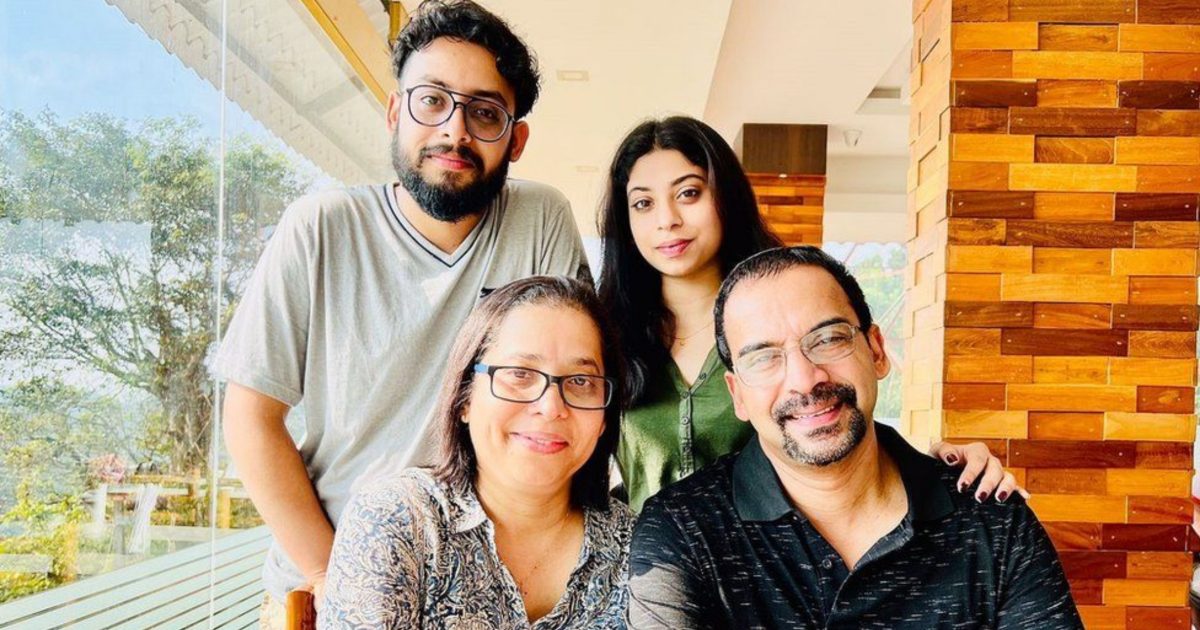A Clinical Trial Leads to Amazing Recovery
- Jasmin David, 51, was told she likely had less than a year to live after her breast cancer had spread to her lymph nodes and lung.
- She was offered a chance to take part in a clinical trial for a new, experimental drug combined with immunotherapy. Now, doctors tell her she’s cancer-free.
- While clinical trials can offer amazing opportunities to try new drugs, they might not all lead to this kind of success.
- Consult with your doctor to determine if you’re eligible for a clinical trial and to assess the pros and the cons of taking part.
In November, 2017, Jasmin David found a lump above her nipple. When she went for tests, she was told some extremely terrifying news: she had an aggressive form of the disease. By the following April, David had undergone a mastectomy and received six rounds of chemotherapy, followed by 15 rounds of radiotherapy.
Read MoreA Second Chance At Life
But within two months, David was given an opportunity: the chance to take part in a two-year trial that would combine experimental medicine with an immunotherapy drug known as Atezolizumab. Today, the mother of two appears to be cancer-free.“When I was offered the trial I didn’t know if it would work for me, but I thought at least I could do something to help others and use my body for the next generation,” David told the BBC. “At first I had many horrible side effects including headaches and spiking temperatures, so I was in hospital over Christmas and quite poorly. Then thankfully I started to respond well to the treatment."
“Two and a half years ago I thought it was the end and I now feel like I’ve been reborn," she added.
With her new lease on life, David went to visit her 97-year-old mother in India. Inspired, she said she's decided she wants to enjoy herself, taking early retirement and living "my life in gratitude to God and to medical science."
It was a far cry from the trip she made two years earlier, when she believed she was saying goodbye for good. Now, she's looking forward to her twenty-fifth wedding anniversary.
"Everything is a bonus," she said.
How A Clinical Trial May Improve Your Outlook
Who Gets To Take Part In A Clinical Trial?
While David's case appears to be a success, not every person taking part in a clinical trial makes such an amazing recovery.
Clinical trials are research tests in which new drugs or therapies are tried on volunteers, with the goal being to see if they are safe and effective. They can be made available as an option at any point during treatment.
While some patients can be reluctant to participate, there are possible advantages, such as having access to new drugs that are not yet on the market.
Clinical Trials May Be Life-Saving For Some
Clinical trials are held for all new drugs before the FDA will approve them for use in the U.S. However, they can come with risks, so it's important to discuss the pros and cons with your doctor before participating.
It's especially important to discuss the possible side effects or harm that taking the experimental drugs can cause or factors that may cause the drug to not work for you, even if it's been beneficial to others.
The Importance Of Informed Consent
A key part of a clinical trial is informed consent, which is where a volunteer must sign forms acknowledging they are aware of the possible risks and still wish to participate.
These forms will include information such as:
- The purpose of the research
- Any risks and benefits expected from the research
- Information about procedures that may cause discomfort (like frequent blood tests)
- Any alternative procedures the patient might consider instead
- How the patient's information will be kept private
- How long the study is expected to take
- A form confirming you are participating in research voluntarily
- Whether any compensation or additional medical care is available if some sort of injury occurs
- The patient's rights (like the right to stop research in the middle of the trial)
- Contacts for any patient questions
What Happens If I’m Not Eligible?
Some patients might be excluded from certain trials. This is especially common in cases where cancer has spread to the brain or if the cancer has metastasized to the point that doctors don't believe the patient will be able to complete the study.
If a patient isn't eligible for a clinical trial, but still wants to try the experimental therapies, there may be other options. In the U.S., legislation has been passed that allows terminally ill people to access experimental drugs, so long as they are in "phase one" of the clinical trial process.
Why I’d Choose A Clinical Trial For Myself
Learn more about SurvivorNet's rigorous medical review process.


